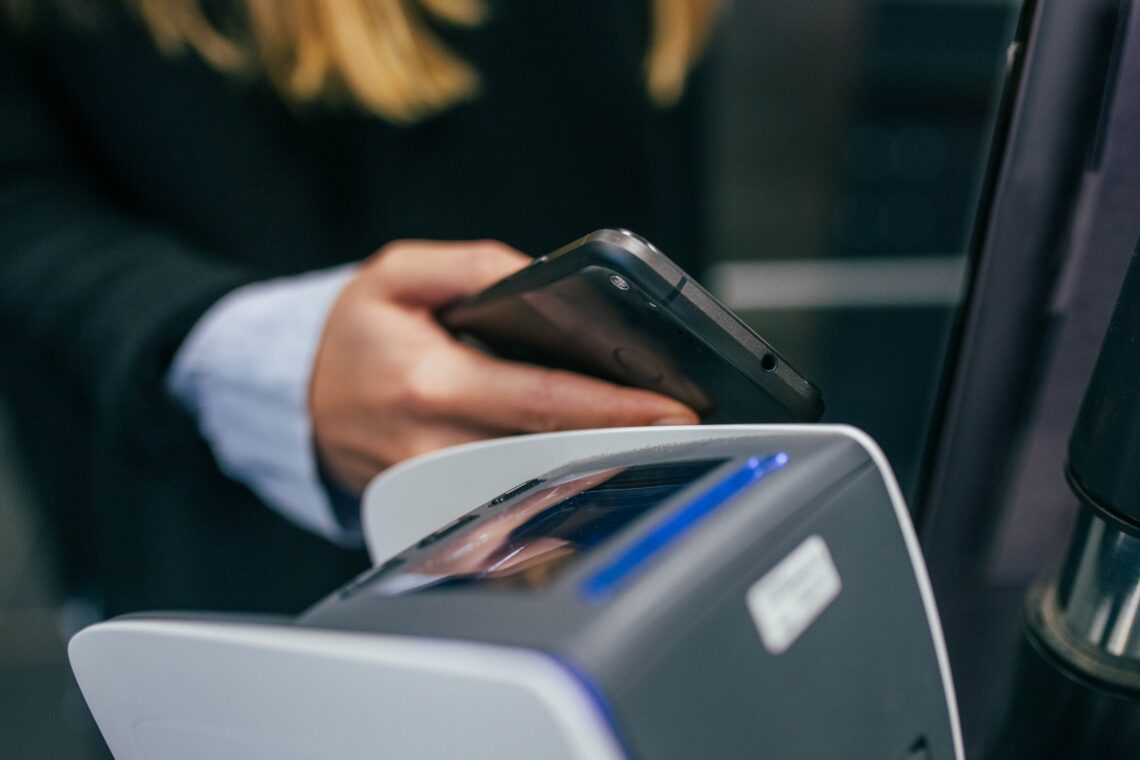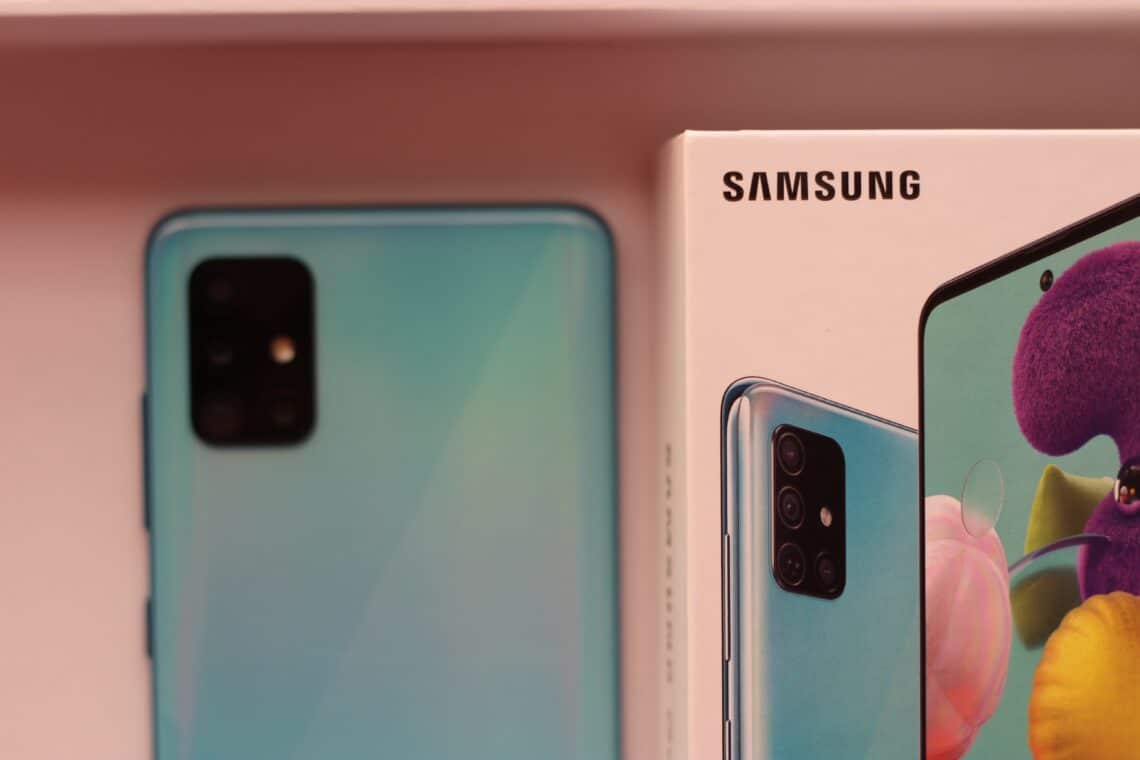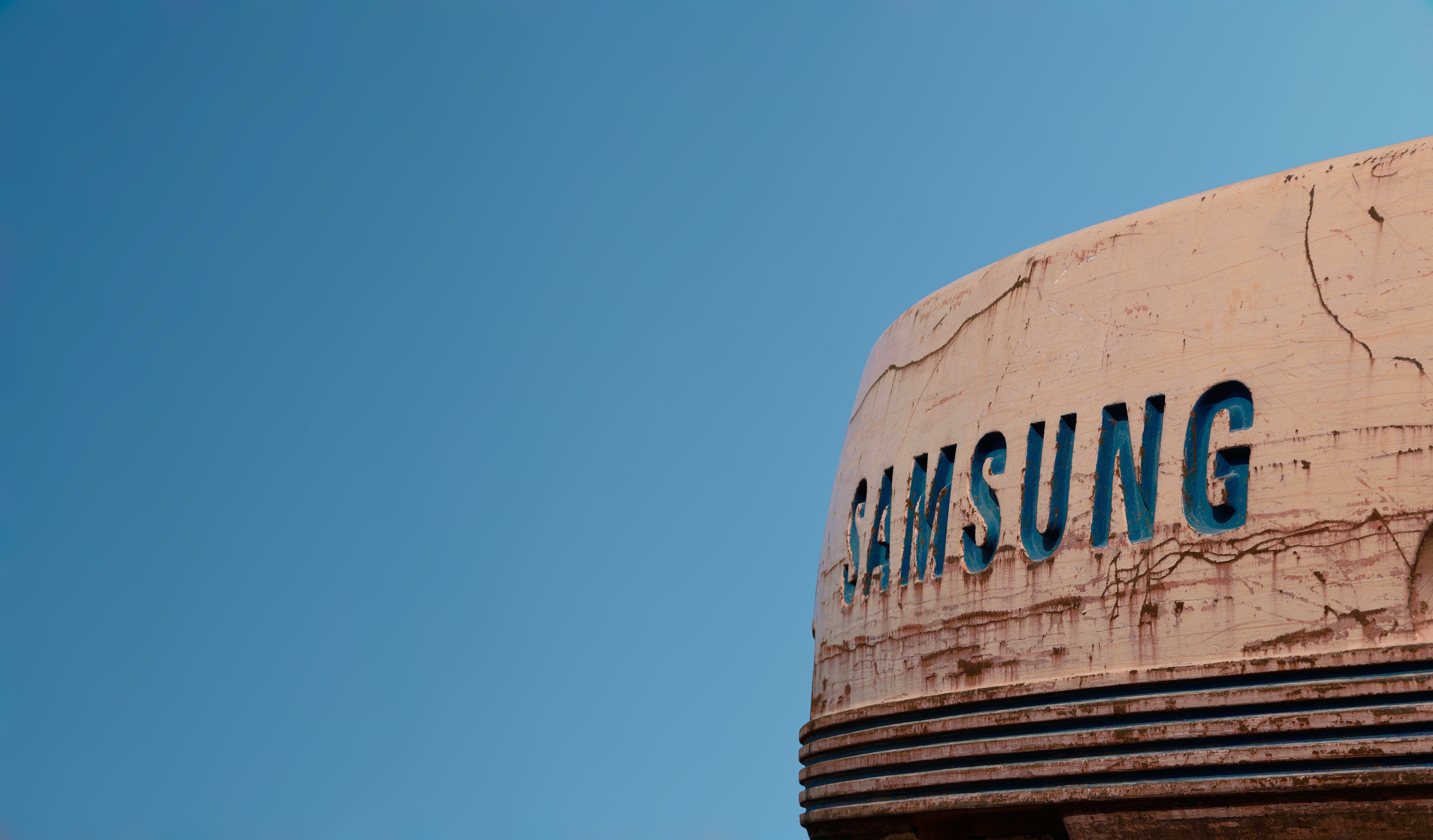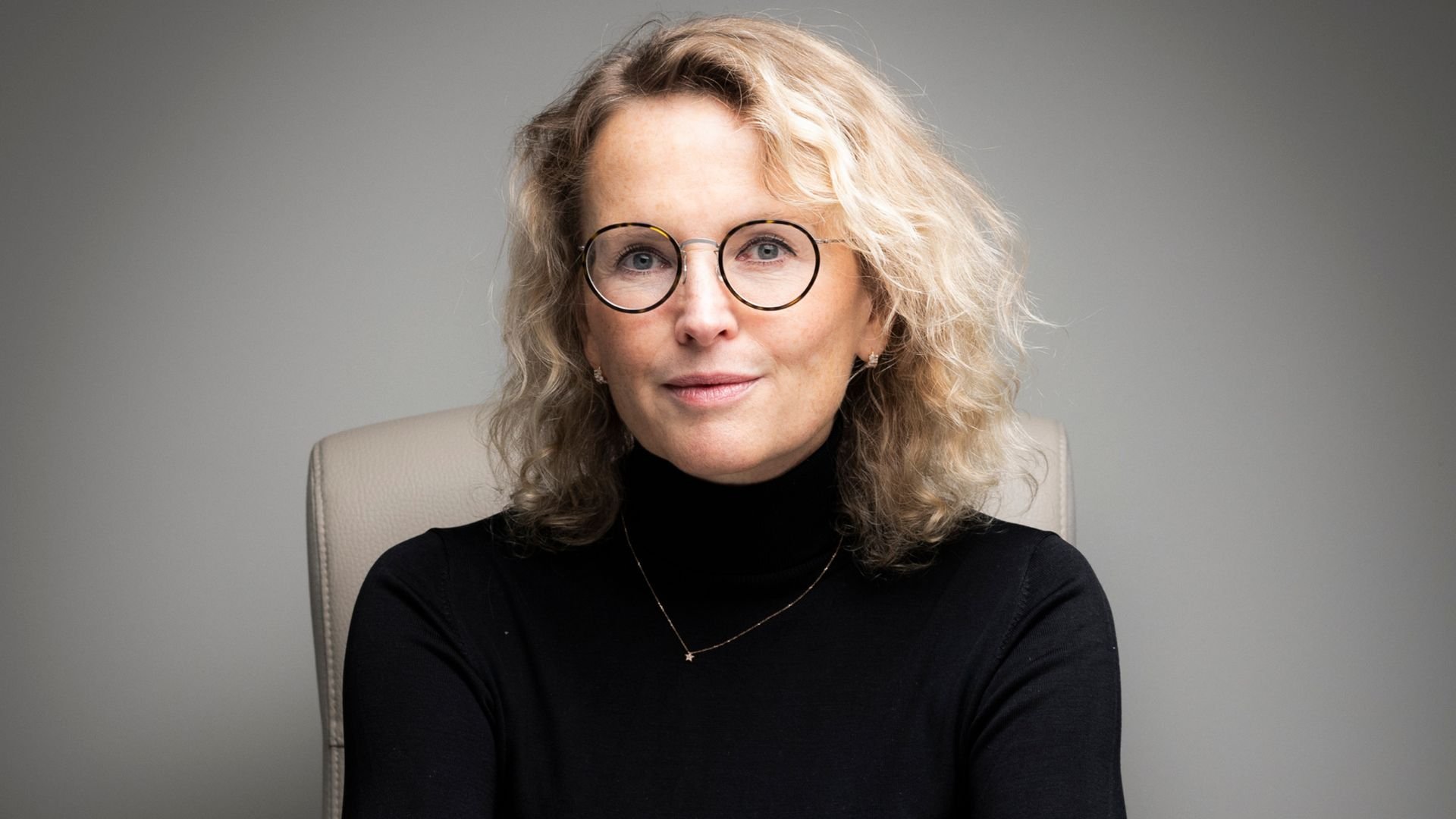An interview with Thomas Keller to official launch of Samsung Pay
Samsung Pay has been on the German market since Wednesday – two years after the launch of its competitors Apple Pay and Google Pay, but in the middle of a time when mobile payment is gaining enormously in importance due to the Corona crisis. Five years after the announcement of its own payment service Samsung Pay, the South Korean industry leader has announced the German launch. Samsung is taking a slightly different approach to the launch, as competitors such as Apple are charging cooperating banks for integrating their credit and debit cards into Apple Pay. Because they bypass the traditional credit industry, this source of revenue is no longer available for Samsung Pay.
After Google Pay can be used on almost every smartphone since mid-2018, Samsung is following suit with its pay service. Because the acceptance of cashless payment in Germany has been accelerated by the Corona crisis, among other things, Samsung could show a good hand for the start. Above all, in contrast to Apple Pay or Google Pay, Samsung Pay users do not have to pay attention to whether their bank is supported.
The reason for this is that Samsung has teamed up with Berlin-based banking service provider Solarisbank and Visa to avoid long negotiations with the many German banking institutions. Solarisbank serves as a kind of intermediary between its own bank, Samsung Pay and the payee. In this way, Samsung enables almost any bank account to be linked to the new service.

Your own map data should be secure, just like with Google Pay and Apple Pay: After successful registration with Samsung Pay, the user receives a virtual Visa debit card that can be linked to almost any German bank account. This means that a credit card is not required as with other services. To link Samsung Pay with a personal bank account, Solarisbank uses a new and simple KYC procedure that does not require video identification or branch visits, explains Samsung. Transactions are secured with Visa token technology, the company said. Other payment services also rely on this technology, and the bank data will remain with German banks and Solarisbank, which, as mentioned above, is a service provider.
We talk to Thomas Keller about the official launch after the beta phase. As a business developer Thomas develops digital business models for Samsung Electronics GmbH. He is jointly responsible for the concept and the launch of Samsung Pay in Germany and has initiated cooperation with Solarisbank and VISA.
Why did you start with Samsung Pay in DE of all places, when Google and Apple Pay are widely available?
The launch of Samsung Pay comes at just the right time: in the wake of the Corona pandemic, contactless and mobile payment options have become an integral part of most consumers‘ everyday lives. According to information from our partner Visa, more than 75 percent of Visa payments in Europe are now contactless. In Germany, the share of contactless visa transactions has increased by one third.[1] With Samsung Pay, we offer Samsung customers an attractive contactless payment option that is compatible with almost any bank account, provides additional features such as splitpay and thus offers users a great deal of flexibility in payment.
Germany Cash Country – Corona-related contactless payments have increased. Is this also a development that you can feel with Samsung Pay?
We are officially launching Samsung Pay on 28 October. Therefore, although there is no comparison to the situation before the pandemic, we are convinced that contactless payment is gaining in importance, especially against this background. In other markets, where Samsung Pay has been available for some time, we see an increased customer demand for contactless payments at the POS.
How important is the market for Samsung in view of the fact that Germany is not considered a „map country“?
According to a EHI study on cashless payment transactions By 2019, more sales were already being made with card payments than cash in Germany. We are also seeing that the demand for contactless payments is growing more and more. Germany is a very important market for Samsung and the trends towards card payments make it very promising for Samsung Pay as well.
What goals have you set for Samsung Pay?
Samsung has set itself the goal of giving as many users as possible access to mobile payments. Thanks to the cooperation with Solarisbank and Visa, we have succeeded in offering a mobile payment service that can be linked to almost any German bank account.

Samsung takes a different approach and ignores existing customer cards. Why hasn’t one spoken to the banks to overcome the hurdle of having to create another credit card?
The opposite is the case. We want our customers to be able to pay quickly, securely and easily with their smartphone. Regardless of which house bank they are customers of and where they shop. By partnering with Solarisbank and Visa, we have been able to avoid the time-consuming negotiation of individual cooperation agreements with different banks and make mobile payment accessible to most of our users.
What value does mobile payment have for Samsung? There is already Google Pay on the Samsung smartphone, isn’t that enough?
With functions such as „Splitpay“ or the „Pay Planner“, Samsung Pay offers its customers additional added value compared to competing products. Of course, we would also like to use these features to increase the attractiveness of our devices and to create more points of contact with our users. In the best case, Samsung Pay can help us to convince customers of our devices in the long term.
Isn’t mobile payment obsolete anyway, how does it look like in multichannel? Both Google and Apple are available with their methods at the POS as well as in e-commerce and in-app

For the launch of Samsung Pay in Germany, we initially concentrated on payment at the POS. However, we see increased interest among many retail partners in extending the acceptance of Samsung Pay as a means of payment to apps and online retail. Our developer platform has adequately documented the integration into the multi-channel and has already implemented Samsung Pay as a means of payment in e-commerce and in-app in other markets.
Will Samsung, like Apple, bring its own credit card with the Apple Card?
The German setup of Samsung Pay in cooperation with the Solarisbank offers us many possibilities for further development. Based on an AML compliant identity as well as a bank account managed by Solarisbank, various scenarios are therefore conceivable. In the end, the customer benefit is the main focus for us and decides whether we want to develop Samsung Pay further in this direction.
How does the market for mobile payment methods look like compared to South Korea?
South Korea has an affinity for new technologies in many areas. Card payments, in-app-payments – but also mobile payment methods have a higher penetration rate there than in Germany.
Will Samsung Pay in DE also be available on Smartwatches?
We are pleased to be able to make this possible soon. We are aiming for 2021 for this.
What is the business model of Samsung Pay?
The banks receive so-called interchange fees from merchants for each payment with the cards they issue. These are harmonized throughout Europe; for debit cards, the bank receives 0.2 percent of the purchase price per transaction. Since Solarisbank is the issuer of Visa’s virtual debit cards, it receives 0.2 per cent of the purchase price.
How does Samsung view the topic of loyalty?
Our goal is to provide services for almost every customer and to further increase the attractiveness of our devices. If a customer rates Samsung Pay positively and this is a reason for them to choose Samsung again for their next device – then we in the Samsung Pay Team have already achieved our goal.

Is Samsung Pay breaking away from the card infrastructure?
At present, we are very satisfied with the card infrastructure of our partner Visa and greatly appreciate the partnership. We are responding to the ECB’s calls for a uniform European payment standard, but we do not see any comparable option at the moment that is as simple, fast and secure as card payments with Visa. Should a new payment standard be established, we will certainly look at and evaluate the options.
- [1] Source: Visa Mobile Payment Monitor (2020) Available at https://www.visa.de/uber-visa/newsroom/press-releases.3024289.html






